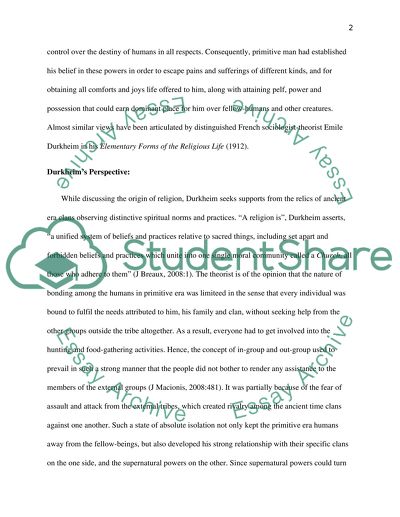Cite this document
(“Theories of the origin of religion by Durkheim and Freud Essay”, n.d.)
Retrieved from https://studentshare.org/religion-and-theology/1496875-theories-of-the-origin-of-religion-by-durkheim-and-freud
Retrieved from https://studentshare.org/religion-and-theology/1496875-theories-of-the-origin-of-religion-by-durkheim-and-freud
(Theories of the Origin of Religion by Durkheim and Freud Essay)
https://studentshare.org/religion-and-theology/1496875-theories-of-the-origin-of-religion-by-durkheim-and-freud.
https://studentshare.org/religion-and-theology/1496875-theories-of-the-origin-of-religion-by-durkheim-and-freud.
“Theories of the Origin of Religion by Durkheim and Freud Essay”, n.d. https://studentshare.org/religion-and-theology/1496875-theories-of-the-origin-of-religion-by-durkheim-and-freud.


